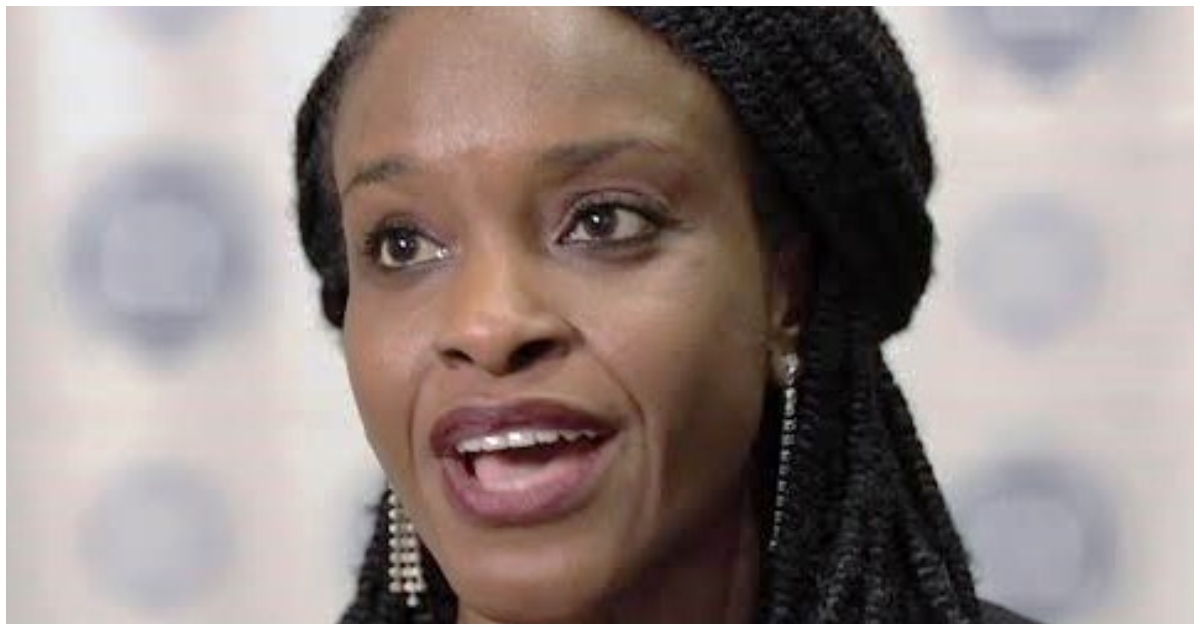Rose-Margaret Ekeng-Itua has made history in the world of science and technology. The Nigerian-born scientist has become the first Black woman to earn a PhD in Cybernetics globally. This groundbreaking achievement marks a significant milestone in the field of STEM and diversity representation.
Ekeng-Itua’s journey to this remarkable feat began in Nigeria. Her passion for technology, coupled with her love for Mathematics and Physics, set the foundation for her future success.
From Nigeria to Global STEM Pioneer
Ekeng-Itua’s academic journey is impressive. She earned her bachelor’s degree in Electrical and Electronic Engineering. Later, she obtained a master’s degree in Mobile and Satellite Communications Engineering from the University of Surrey, U.K.
Her pursuit of knowledge didn’t stop there. Ekeng-Itua went on to earn her PhD in Cybernetics from the University of Reading in the United Kingdom. She studied under the guidance of Prof. Kevin Warwick, a renowned figure in the field.
Breaking Barriers in Cybernetics
Cybernetics is a complex field that combines multiple disciplines. It involves the study of communication and control systems in living things and machines. Ekeng-Itua’s work in this area focuses on human-robot interaction.
“I wanted to learn how to design devices that could manipulate electromagnetic waveform for the good of humanity,” Ekeng-Itua explained. Her passion for creating positive social change through technology is evident in her work.
Championing Diversity in STEM
Ekeng-Itua’s achievement is particularly significant given the underrepresentation of women in STEM fields. In sub-Saharan Africa, only 18 to 31% of science researchers are women. This statistic highlights the importance of Ekeng-Itua’s success.
To address this disparity, Ekeng-Itua has become a vocal advocate for diversity and inclusion in STEM. She established the African Technology and Innovation Institute (AFRITECHI) to empower young Africans in STEM fields.
Inspiring the Next Generation
Ekeng-Itua’s impact extends beyond her personal achievements. She is the first and founding Lead for the Society for Women Engineers (SWE) African-American Affinity Group. Additionally, she has initiated programs like Women in Big Data (WiBD) Nigeria.
“African and other indigenous technological innovations can solve most of the global issues,” Ekeng-Itua stated. Her work aims to change the narrative of Africa in the global STEM landscape.
A Vision for the Future of Technology
Ekeng-Itua’s approach to technology is deeply human-centric. She believes in creating technologies that positively impact society. This philosophy aligns perfectly with the field of Cybernetics, which focuses on purposeful design for humans.
“Being the first in anything is always retrospective,” Ekeng-Itua reflected. “For me, the initial focus is always creating positively transformative impact.” Her work continues to inspire and pave the way for future generations in STEM.
Rose-Margaret Ekeng-Itua’s journey from a young girl in Nigeria to a world-renowned scientist is truly inspiring. Her groundbreaking achievement as the first Black woman to earn a PhD in Cybernetics is not just a personal triumph. It’s a beacon of hope for aspiring scientists around the world, especially those from underrepresented communities.




